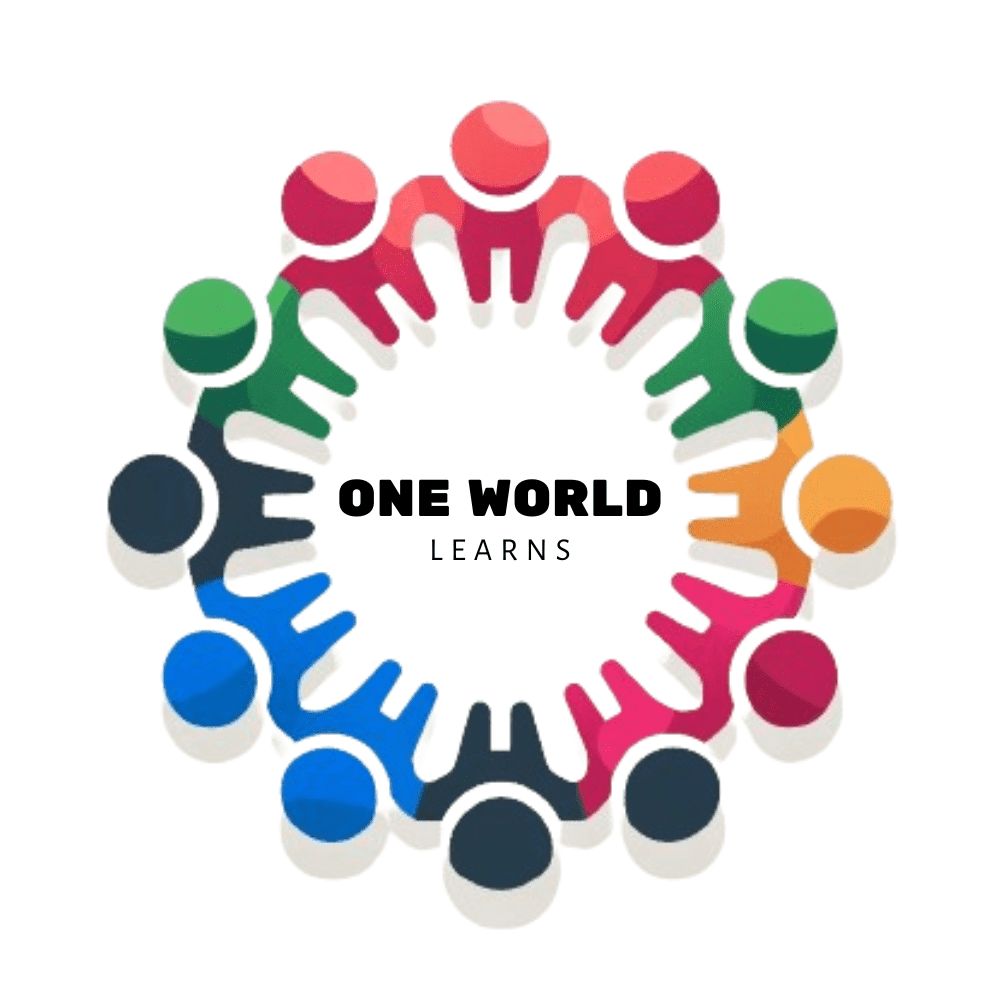
Reggio Emilia

The History
Originated in the town of Reggio Emilia, Italy after World War II. The town was devastated after the war. The citizens wanted to teach their children to think on their own so they would not fall victim to following another corrupt leader like Mussolini. As they didn’t have money to build new schools, they taught their children everyday items and items from nature. The first Reggio Emilia center opened in 1963.
The Elements
- The belief that children have 100 languages (meaning countless ways to express themselves)
- Understanding that working collectively is important
- Teachers who observe, interpret, and document
- On-going and research-based professional development for teachers
- Belief that the environment (classroom) is the 3rd teacher (the students are also considered teachers)
- Family participation
- Strong connection between the community and the center
WHAT MAKES OUR INFANT PROGRAM YOUR BEST CHOICE?
- The children’s work dominates the classroom rather than commercial art or designs.
- All children have potential and it should be cultivated.
- Group project work is encouraged to build social-emotional skills and allows children to learn from each other/borrow each other’s knowledge.
- Small groups of children or individuals can share their work or findings with the large group.
- Play and the joy of learning are strongly connected and inseparable.
- Teachers can pose a question to the group to encourage problem-solving (rather than just providing all the answers).
- Children are given time to make connections and form ideas.
- Children are given realistic choices and their ideas are valued.
- Documentation is posted in classrooms / hallways / common areas to make the learning visible to all. It builds awareness of what is happening in the classroom.
- The environment is calm, has natural items, simple, and incorporates the use of light.
- The Reggio Emilia approach supports social, social-communication, cognitive, fine motor, and gross motor skills.
How the Reggio Emilia Educational Approach Prepares a Child for School
- Fosters problem-solving, collaboration, and independent thinking (math/science)
- Shows children their center is a part of the community (social studies)
- Children have a better chance for success in school when family participation is high (social studies)
- Provides children with teachers who are continuing their education and research. (professionalism)
- Children can express themselves in a variety of ways (language arts/social-communication)
- Children realize their ideas are of value (social studies)
- Topics are covered in-depth and are based on what the children know (prior knowledge), want to know (desired knowledge), and review what they learned in the process (new knowledge)
- Helps children realize they can learn from their environments: nature (science), classroom (cognitive), and community (social studies)
- Children understand they are to respect all environments (social studies)
- Teaches resourcefulness and using a variety of familiar materials (science)
- Encourages movement (running, jumping, climbing, etc) that helps develop large muscles and provide exercise (physical education)
- Encourages movement (using pencils, crayons, clay, scissors, paints, etc.) that helps develop small muscles (language arts/writing)
- Provides opportunities for rich language development through collaboration, exploration, music, and stories. (language arts)
- Builds understanding of simple concepts of time (such as night and day, today, tomorrow, yesterday, etc) (math/science)
- Encourages time spent learning to sort, classify and manipulate a wide variety of materials (math/science)
- Allows for curiosity and exploration in a safe way that gives them emotional support to try new things (social/emotional)
- Gives opportunity for group projects that encourage sharing, learning, focusing, and listening (social/emotional)
Get in Touch
Ready to take the next step? Fill out our contact form and let's start a conversation about how One World Learns can support your educational goals. We look forward to hearing from you!
